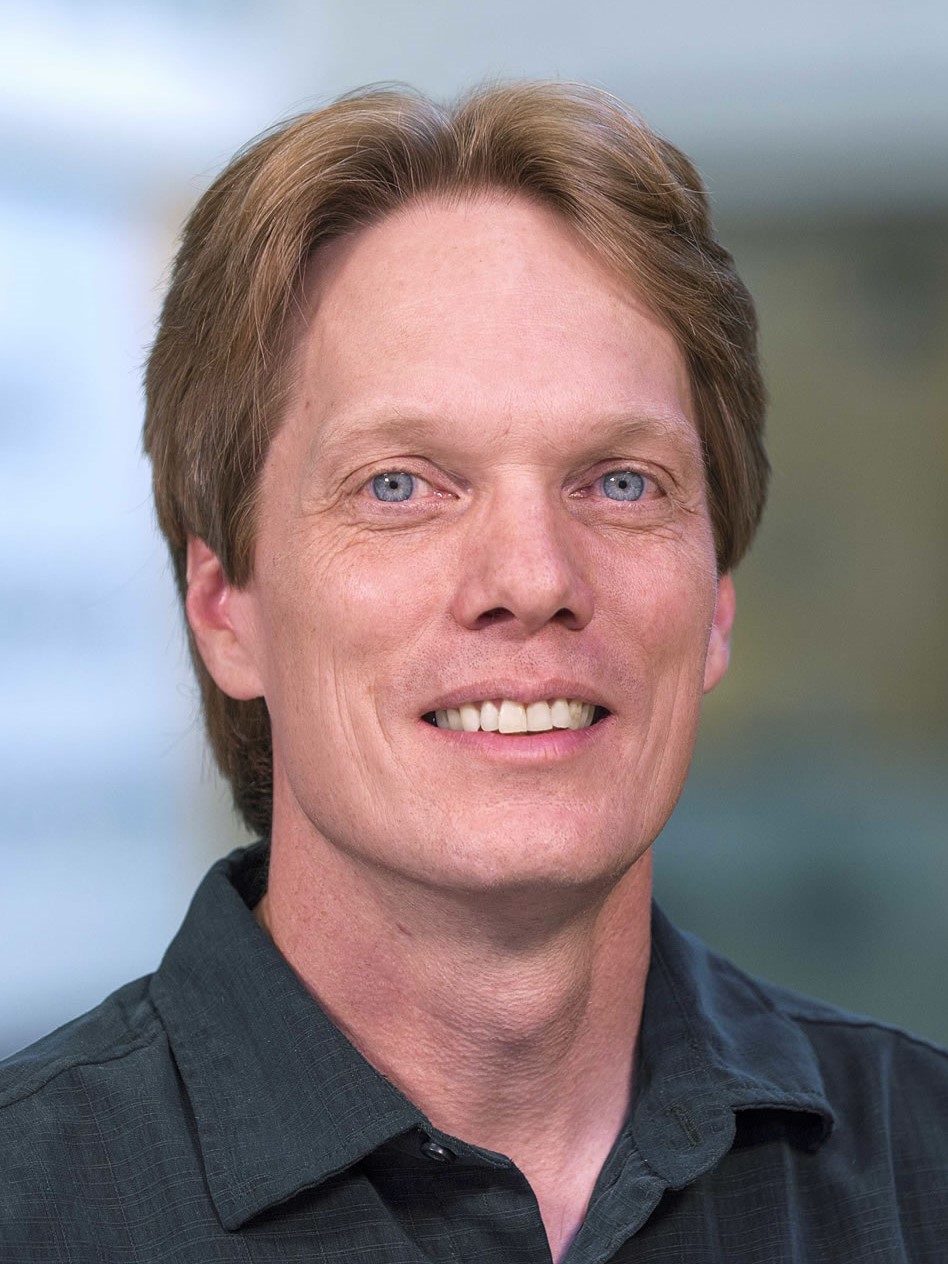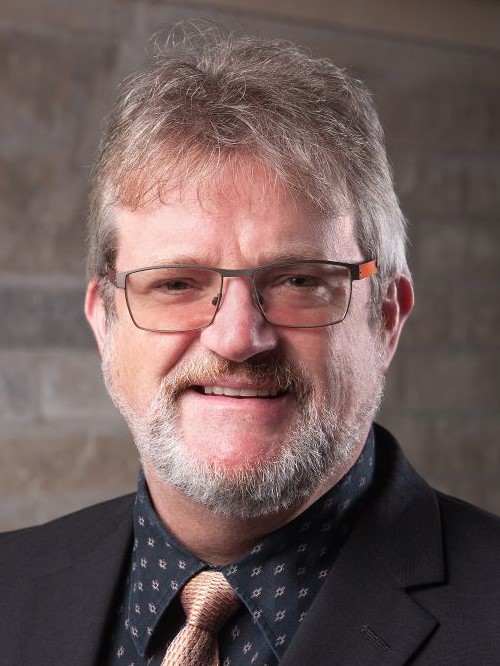The Innovation in Teaching and Leadership in Engineering Education awards recognize outstanding contributions to learning, as well as innovation and leadership in educational practices. Meet the four professors who have been honoured by the Faculty for their commitment to our students and their creative approaches to teaching.
Dr. Alan Ableson – Leadership in Teaching award

Teaching calculus, algebra and mathematical methods in the Mechanical and Materials Engineering department, Ableson is dedicated to staying on top of new technology to develop his curriculum. “It’s hard work to create new content and methods, but I think it’s vital to continue to find the best ways to teach our students,” he says. “It’s especially critical now, when it’s more challenging to engage them remotely.”
Ableson’s nominator says that “Alan Ableson is the instructor that I send other instructors to when they have questions about using educational technology.” An earlier career in Arts & Science gave him the opportunity to learn about best practices in online learning, a skill that has become quite valuable during the pandemic. “Instead of lectures, we are creating engaging videos that students can watch before class,” he says. “That allows us to use the class time for more active discussions.”
Ableson says he is noticing that students are taking time in breakout sessions to check in on each other and interact, building a sort of virtual community. “I miss the students and being able to chat with them, both about academics and their personal experiences,” he says. “That’s all part of the Engineering community that we are used to on campus. I can’t wait for that to happen again.”
Dr. Mark Diederichs – Innovation in Teaching Award

A peek into Dr. Diederichs’ office provides an instant clue into his style of teaching. Rock samples nestle against toy construction equipment, classic album covers and photos of his students. “I’m a visual teacher,” he says. “I use props to tell a story that informs, but also engages and inspires students.” With over 18 years of teaching experience, a number of awards, and a cadre of graduate students in successful academic and industry careers, it’s clear that his approach is helping FEAS build better engineers.
Diederichs says that his approach to teaching is focused on discussions that relate to real world examples. For example, to explore why minerals are so important, look no further than the unique role of calcite in toothpaste. For underground engineering, Diederichs draws on real world experience in many international projects. Many of his GEOE courses have involved real field work. Nominators for Diederichs remarked on his dedication to maximizing the quality of the student experience, noting that while preparing for online lectures this year, he created more than 30 ‘non-lecture’ free-form videos (with titles like “I eat engineering properties for breakfast”) to complement more than 40 formal lectures. His approach has also garnered him the 2020 Queen’s SGS Award for Excellence in Graduate Student Supervision.
Diederichs has taught all levels of students, from first-years to PhD students, and says his favourite part of teaching is watching students evolve from young and perhaps timid first-years to professional engineers. “Geological Engineering is real community, and we get to know our students very well. I can’t wait to get out in the field with them again.”
Dr. Roshni Rainbow – Innovation in Teaching award

University professors are naturally expected to carry course loads as part of their work. But unlike their elementary and secondary school colleagues, they don’t typically get formal training in teaching. A unique program at Tufts University in Boston provided Dr. Roshni Rainbow with the opportunity to hone her teaching skills – talents that she has brought with great success to Queen’s.
“The IRACDA postdoctoral program at Tufts is designed to teach future professors to be both researchers and effective teachers,” she says. “I had the opportunity to learn more about various teaching practices that incorporate experiential methods, such as problem-based learning, blended learning techniques, and teaching with technology.” One method that she has applied involves taking a cross-course approach to learning, introducing activities in one course that are directly related to a design exercise in another.
Rainbow’s style has been well received and also recognized with a Silver Wrench honour, awarded to professors by graduating students in Mechanical and Materials Engineering. Her nominator also noted her emphasis on experiential learning and a focus on a safe and positive learning environment.
Rainbow says she is passionate about teaching and working with students. “I actually really like it when they ask me a question that I don’t know the answer to,” she says. “I can look it up and then we’ve both learned something!”
Dr. Greg van Anders – Innovation in Teaching award

The pandemic has changed teaching styles for everyone, but Greg van Anders says he was already working on new approaches before the COVID-19 hit. His mixed-methods approach is working well for online courses, and he says it’s also a great way to get students collaborating on constructive thinking and problem solving.
“If there are 100 smart people in the room, it doesn’t make sense for only one of us to be talking,” says van Anders. “I like to use video to give lectures that students can watch before getting together with their peers to work through the information. Along with videos, van Anders uses handouts to complement the lectures, and has students submit ‘reflections’. “I have each student ask a question, which reveals common challenges with the material,” he says. “ It also helps students see that others have the same question or difficulty.”
The nomination for van Anders emphasized his collaborative efforts to explore new methods for teaching, reaching out to others. He says that he is grateful for fellow professors James Fraser and Alastair McLean, as well as Andy Leger (Centre for Teaching and Learning) and Sarah Debbek (Engineering Teaching and Learning Team) for their guidance and support, but is also inspired by the students themselves. “Watching a student ‘get it’ is amazing,” he says. “It makes me feel like a superhero!”